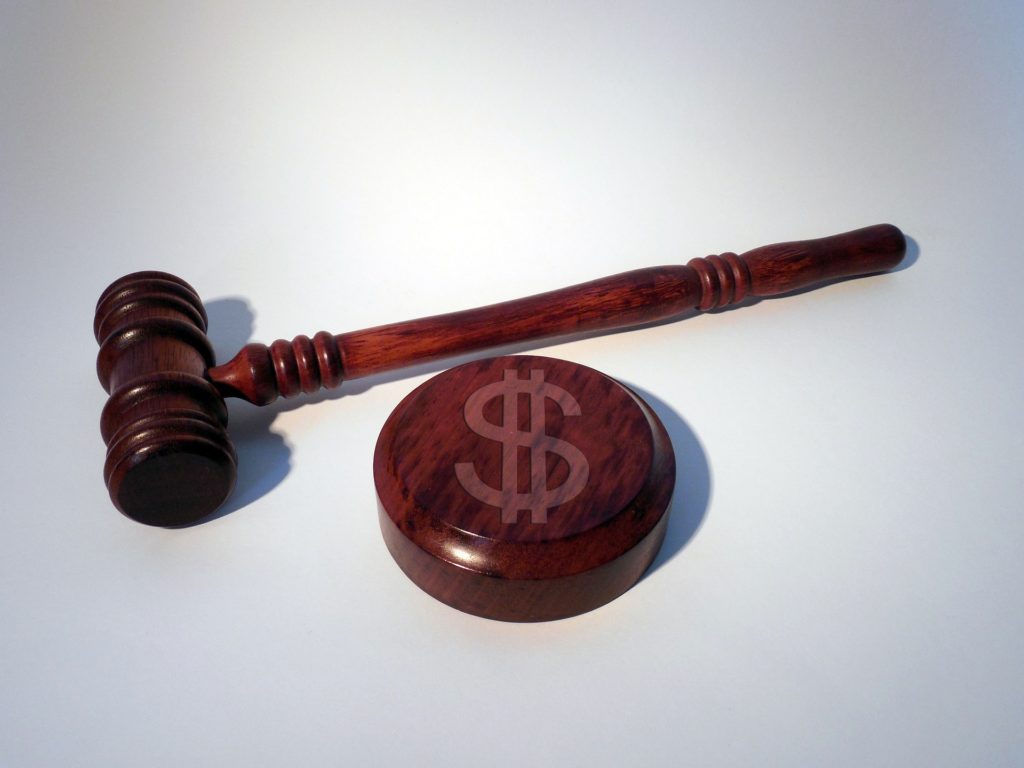Treble Damages for Unpaid Legal Fees, Who Knew?
Reading Time: 5 minutes
Just as we can’t see the air we breathe or radio waves transmitting data around the world, neither can we see thoughts and ideas. However, this does not mean they don’t exist. Similarly, for those Professionals whose work product may not be a tangible, fungible item, their work product nonetheless exists. This is a crucial point when the intangible labor of a Professional is stolen. Section 772.11 of the Florida Statutes provides a civil remedy for theft of Professional Services by defining such services as “property.” And yes, this statute also applies to lawyers who performed legal services for clients. Therefore, if you decide to sue for your fees, and the case merits it, you have an avenue to collect treble damages.
Availability of Treble Damages
Titled, “Civil remedy for theft or exploitation,” this Statute provides a cause of action to anyone who demonstrates, by clear and convincing evidence, injury resulting from a statutory violation of criminal theft. Fla. Stat. § 772.11(1) (2018). As a remedy, the injured party is entitled to treble damages, with a minimum entitlement of $200, plus reasonable attorney’s fees and court costs. Id. The statutory violation of criminal theft occurs when a person knowingly obtains, uses, or endeavors to obtain or to use, the property of another, with intent to, either temporarily or permanently: (a) Deprive the other person of a right to the property or a benefit from the property, [or] (b) Appropriate the property to his her own use of any person not entitled to the use of the property. Fla. Stat. § 812.014(1)(a)-(b) (2018).
Applicability of Statute to Professional Services
This cause of action is beneficial to Professionals because the statute construes property subject to theft broadly to include “services.” Id. § 812.012(4)(c). “Services” are then defined as “anything of value resulting from a person’s physical or mental labor or skill, or from the use, possession, or presence of property.” Id. § 812.012(6)(b). Furthermore, “Professional Services” are explicitly included in the statute as property subject to theft, robbery, or fraud. Id. “The term ‘professional service’ means any type of personal service to the public which requires as a condition precedent to the rendering of such service the obtaining of a license or other legal authorization.” Fla. Stat. § 621.03(1) (2018). By way of example and without limiting the general definition, the personal services which typically come within the provisions of Florida law are the personal services rendered by certified public accountants, public accountants, chiropractic physicians, dentists, osteopathic physicians, physicians and surgeons, doctors of medicine, doctors of dentistry, podiatric physicians, chiropodists, architects, veterinarians, attorneys at law, and life insurance agents. See Id. § 621.03(1).
Invoking the Remedy
Therefore, a Professional Service Provider who has not been paid for services rendered may be entitled to significant damages. The injured party, however, must follow a series of steps to invoke this remedy. The injured party must first give the wrongdoer an opportunity to cure the injury. § 722.11(1). This requirement is satisfied by making a written demand of either $200 or three times the amount owed, whichever is greater. Id. The wrongdoer then has thirty (30) days to pay the amount set forth in the demand letter. Id. If the wrongdoer satisfies the debt owed, the injured party must formally release the wrongdoer from further obligation and refrain from future litigation on the matter. Id. Conversely, if the wrongdoer fails to comply with the demand, the injured party may bring suit against the wrongdoer for civil theft of the amount claimed in the demand letter. Id.
A Word of Caution
Section 772.11 may be a powerful tool to recover monies owed and mete out harsh punishment to deadbeat clients. However, it can backfire if the injured party does not carefully comply with its statutory requirements. Should a court find that the cause of action for civil theft is unfounded, the defendant in that action may recover reasonable attorney’s fees and court costs. Id. This means that the theft of services must be in connection with the statutorily defined crimes found in §§ 812.012-812.037. Id. As an illustration, note Winters v. Mulholland, a civil theft case where the injured party successfully proved a theft occurred, but failed to prove the theft was the proximate cause of the party’s damages. 33 So. 3d 54, 57 (Fla. 2d DCA 2010). Therefore, the party failed to prove a statutory violation of civil theft, and the court found a directed verdict for the defendant. Id. Consequently, ensure you can prove all elements of the claim before bringing the action.
Conclusion
There are many Professionals who provide their expertise, knowledge, and skill to others as their trade and livelihood. It is no less a crime to steal the trained intelligence provided to someone in the course of business than it is to steal a car. Both are the product of work that is performed in exchange for compensation. Thus, if you represent a Lawyer, Engineer, Accountant, Designer, Appraiser, Architect, Consultant, Recruiter, or Broker, this remedy may be available to you. However, due to the balancing act courts must perform in applying a broadly inclusive statute according to fairly narrow guidelines, if you or your clients fall into the Professional category, it may be best to take a careful look at the facts of your case before invoking the wrath of section 772.11.


